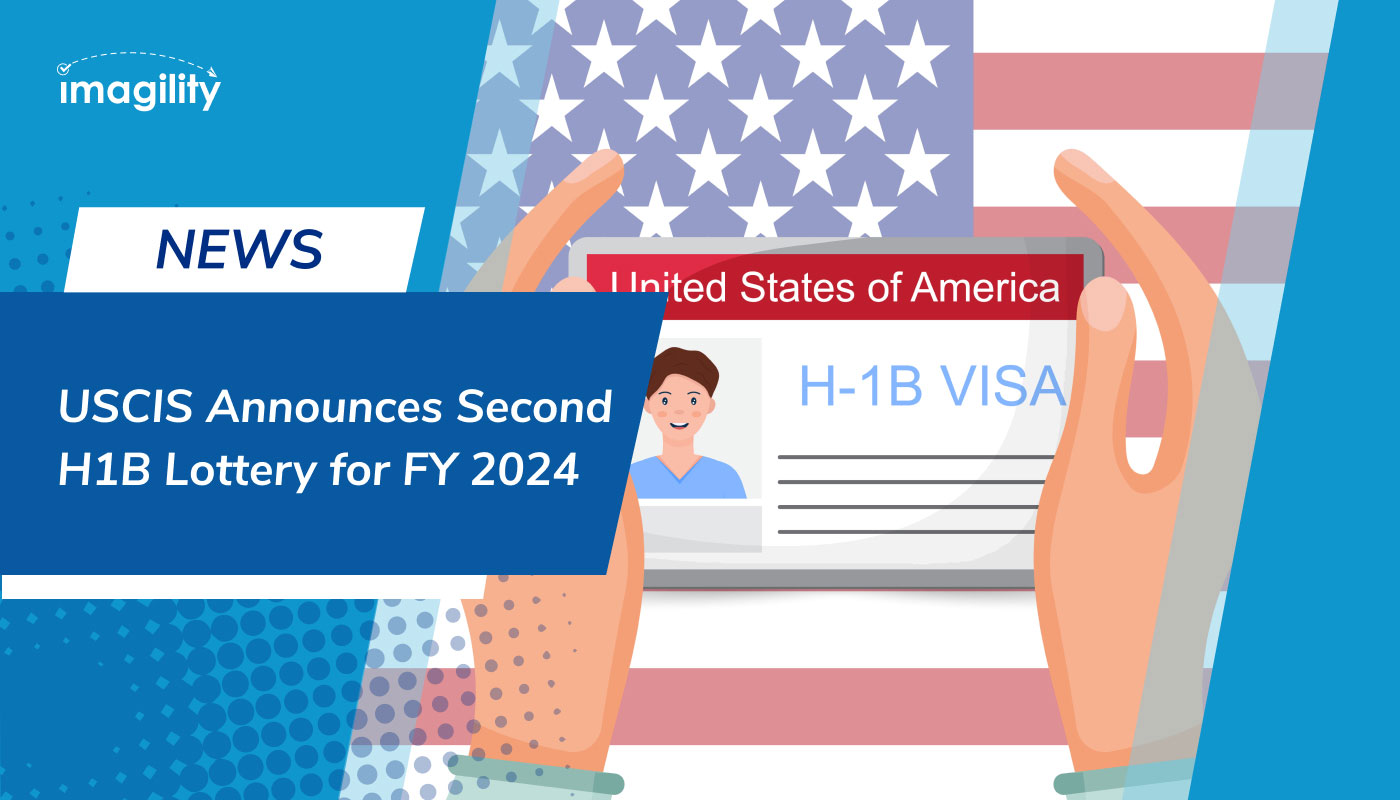The H-1B visa, granting qualified non-immigrant aliens the opportunity to work in the United States as specialized occupation workers, comes with distinctive income tax implications. Understanding the tax residency rules, which differ from immigration laws, is crucial for both resident and non-resident aliens under this visa category.
This comprehensive guide provides insights into key visa classifications within H-1B, eligibility criteria, and tax implications. It clarifies the tax obligations of resident and non-resident aliens, emphasizing the substantial presence test for determining tax residency.
Diving into the varied tax consequences based on H-1B visa categories, the guide sheds light on the different tax burdens faced by H-1B workers compared to Optional Practical Training (OPT) participants. While OPT participants focus on federal, state, and local taxes, H-1B workers navigate additional Federal Insurance Contributions Act (FICA) taxes, encompassing social security and Medicare taxes.
For H-1B visa holders, the article outlines the essential documents required for tax filing, such as Form 1040-NR for non-resident aliens and Form 1040 for resident aliens. It highlights the importance of collecting relevant tax documentation, including Form W-2, social security card, investment income statements, and other income-related data.
The step-by-step guide elucidates the tax filing process for H-1B visa holders, covering aspects like determining tax residency status through the Substantial Presence Test, selecting the appropriate tax form, applying for deductions and credits, and leveraging treaty advantages through Form 8833 if applicable.
Considering factors such as dependents, marital status, and the influence of a spouse’s status, the guide provides a comprehensive overview of the tax landscape for H-1B visa holders. Additionally, it emphasizes the significance of timely tax filing to avoid penalties and suggests consulting with tax experts well-versed in nonresident tax matters for any queries.
As the IRS deadline typically falls on April 15, this guide serves as a valuable resource for H-1B visa holders navigating the intricacies of income tax filing in the United States.
Source: MSN

















